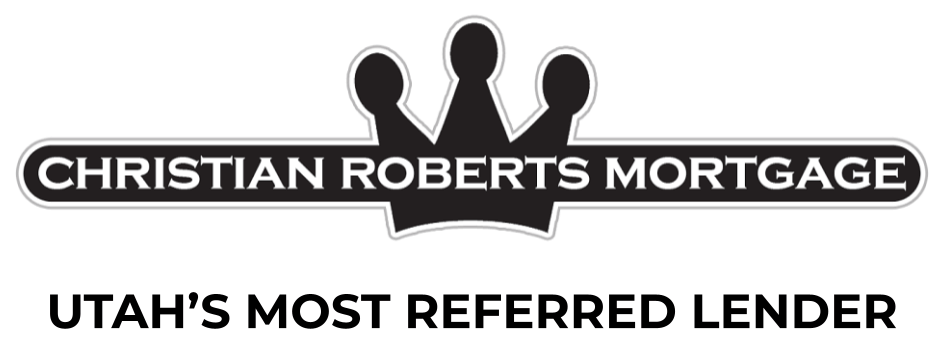
Whether you are remodeling your kitchen, consolidating several big debts, or paying for your child’s college tuition, a home equity loan can be one of the most cost-effective ways to borrow money. Interest rates are lower on mortgages than on almost any other type of loan. But how do you know if you can qualify for a home equity loan? Here’s what you need to know to be approved for one of these popular loans:
How a Home Equity Loan Works
A home equity loan is a second mortgage. It uses your home as collateral and allows you to borrow against your existing equity. Your equity is the difference between your home’s value and the amount you still owe on your first mortgage. For example, if your home is worth $300,000 and your current mortgage balance is $200,000, you would have $100,000 in equity and could take a portion of that out as a home equity loan. These loans offer fixed rates and repayment terms of anywhere from five to 30 years.
Home Equity Loan Requirements
While borrowing requirements will vary from lender to lender, there are a few that are standard across the board.
Loan-to-Value Ratios
Most lenders want you to have at least 15% to 20% in equity in order to pull some of it out. Some lenders will want you to have more than that because they like to keep borrowers' total mortgage commitments to 80% or less of the home’s value. If your loan-to-value ratio is greater than 80% after you take out a home equity loan, you may pay a higher interest rate. The value of your home will be determined by a new home appraisal in most cases.
Debt-to-Income Ratio
Lenders want to minimize the risk of default, so they will check your income and debts to determine if you can actually afford a new loan. First, lenders will want proof that you have solid income and are likely to keep that income in the future. Then lenders will take a look at how large your debts are compared to your income. Typically, for a home equity loan, lenders require that your debt-to-income ratio is less than 43%. Some will allow your debts to make up a larger portion of your income, but again, you may have to pay more in interest for that privilege.
Credit Score & History
Your credit score and history of timely payments will be important to qualifying for a home equity loan. Most lenders will require a credit score of 620 or higher. The higher your credit rating, the better your interest rate will be. And if you can demonstrate that you have been punctual with your current mortgage payments and other debt, your application will be more likely to be approved.
In addition to home equity loans, there are alternative loans that can help you accomplish your financial goals. You could consider a home equity loan of credit or a cash out refinance. The requirements are roughly the same for all of them but a HELOC gives you a loan limit and allows you to borrow periodically like a credit card. A cash out refinance replaces your existing mortgage with a single larger loan,with you pocketing some of your equity in cash. No matter what type you choose, a home equity loan can help you get the money you need at the most affordable rates around.

